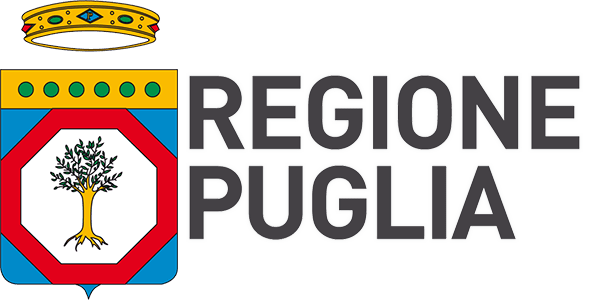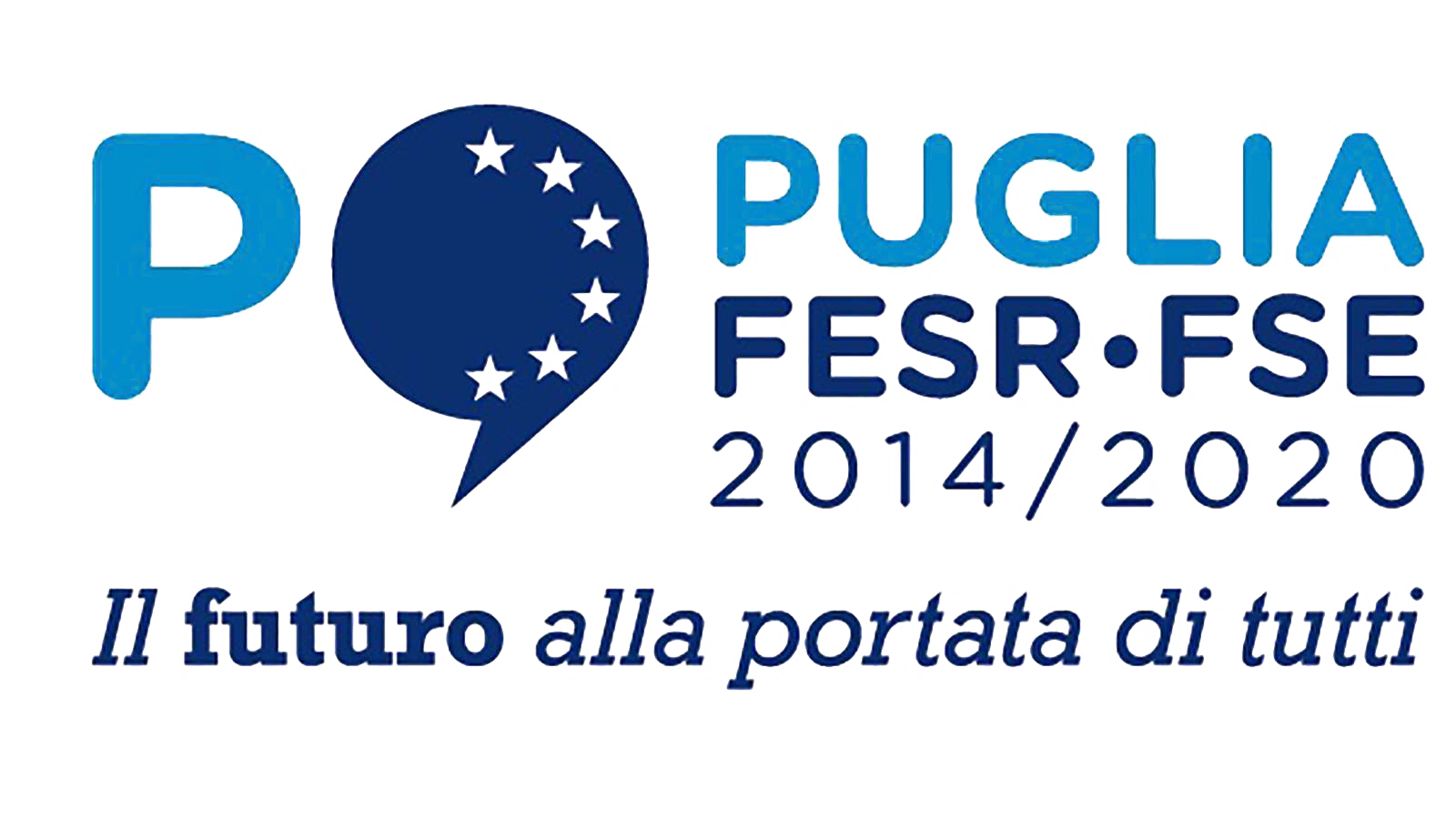LA PASTA FRESCA È SEMPRE UNA BUONA IDEA
Pasta fresca, boom di vendite solo in inverno? Il prodotto culinario diventa il souvenir preferito dei turisti
L’analisi di Tuidi rivela le tendenze regionali e le variabili che influiscono sul mercato. Da Nord e Sud Italia ecco come turismo, posizione geografica e promozioni ridefiniscono le preferenze dei consumatori
La pasta fresca, simbolo della tradizione culinaria italiana, è generalmente associata al periodo invernale, ma dei dati che abbiamo recentemente raccolto attraverso modelli basati su intelligenza artificiale, mostrano come le dinamiche di vendita di questo prodotto siano influenzate da molteplici fattori, tra cui stagionalità, posizione geografica, e presenza turistica. I dati presentati si basano sull’analisi di specifici punti vendita, ma risultati differenti potrebbero emergere analizzando altre realtà, evidenziando l'importanza di modelli predittivi personalizzati.
Un'analisi dettagliata delle vendite in diversi punti vendita distribuiti tra il Nord e il Sud Italia conferma che, in media, le vendite di pasta fresca aumentano del 28% al nord e del 30% al sud durante la stagione invernale, rispetto alla media delle altre tre stagioni. La settimana che precede Natale e Capodanno registra un picco significativo: al nord le vendite aumentano del 65%, mentre al sud si assiste a un incremento impressionante del 188%.
+91% di vendite di pasta fresca in estate, che diventa il souvenir preferito da portare in valigia al rientro delle vacanze
Tuttavia, è fondamentale non trarre conclusioni affrettate. I nostri dati interni rivelano situazioni in cui la pasta fresca trova spazio anche in estate. L'analisi di due supermercati situati in Puglia, uno ad Alberobello, rinomata meta turistica, e l'altro a Bari, in un quartiere residenziale, ha evidenziato differenze sostanziali: durante l'estate, il punto vendita di Alberobello ha registrato un aumento delle vendite del 91% rispetto a quello di Bari. Questo risultato è dovuto probabilmente all'afflusso di turisti stranieri, i quali acquistano la pasta fresca come souvenir delle loro vacanze, mentre il supermercato di Bari, servendo una clientela prevalentemente locale e meno turistica, non mostra lo stesso incremento.
Promozioni, stagionalità e condizioni metereologiche, tutte variabili che influiscono sulla vendita
Questi dati dimostrano l'importanza di considerare le peculiarità di ogni mercato per soddisfare al meglio le esigenze dei consumatori, sia italiani che stranieri. Anche le strategie promozionali giocano un ruolo significativo: per esempio, una promozione sui sughi pronti può portare ad incrementi del 11% nelle vendite di pasta fresca, evidenziando come l’impatto di variabili esogene ed endogene, —come le condizioni meteorologiche, la stagionalità e le promozioni—possa essere quantificato in anticipo, consentendo di sapere come agire sulle vendite future. Non tutti i prodotti sono influenzati ogni giorno da variabili esogene o da comportamenti particolari di altre referenze, tuttavia, sfruttare un algoritmo di intelligenza artificiale, permette di non tralasciare anche i casi più complessi in cui queste situazioni si verificano.
“Nel contesto dinamico e competitivo della GDO, è cruciale anticipare gli andamenti del mercato, prevedendo come questi impattano ogni volta le vendite - afferma Andrea Paparella, il nostro Responsabile commerciale -. Infatti, conoscere il perché della performance dei singoli prodotti è un’indicazione fondamentale non solo per la gestione dello stock. Basti pensare all’esposizione assortimentale. Attualmente, la gestione standard del planogramma non consente di affrontare le fluttuazioni future della domanda e talvolta, potrebbe portare alla presenza di un assortimento non in linea con le richieste di un mercato in continua evoluzione. Questo problema viene superato grazie all'IA, che, prevedendo le vendite future, è in grado di fornire suggerimenti anche per gli assortimenti, rendendo disponibile, nella quantità corretta, anche la pasta fresca in un periodo atipico per la maggior parte dei negozi”.
Ecco Delphi, che consente di gestire l'assortimento con anticipo, prevedendo ciò che accadrà nel punto vendita.
A tal proposito abbiamo sviluppato Delphi, una piattaforma innovativa che sfrutta modelli prescrittivi di intelligenza artificiale per automatizzare la gestione del punto vendita.
“Se riesco a prevedere accuratamente le vendite giornaliere, riesco a decidere come pormi nel mercato in termini di offerta e di esposizione dei prodotti - afferma Andrea - L'obiettivo è duplice: offrire al cliente ciò che desidera per garantirne la massima soddisfazione e, al contempo, evitare un'eccessiva offerta di prodotti nel punto vendita, ottimizzando così la gestione dello stock”.
“Le evidenze di un nostro cliente dimostrano che, grazie a una gestione flessibile dell’assortimento, è stato possibile ridurre del 23% la sua giacenza media dal 2021 al 2024, a parità di valore delle vendite. Questo significa che, grazie all’intelligenza artificiale, è possibile venire incontro ad ambo i lati del mondo GDO: domanda dei clienti ed offerta dei retail”.







